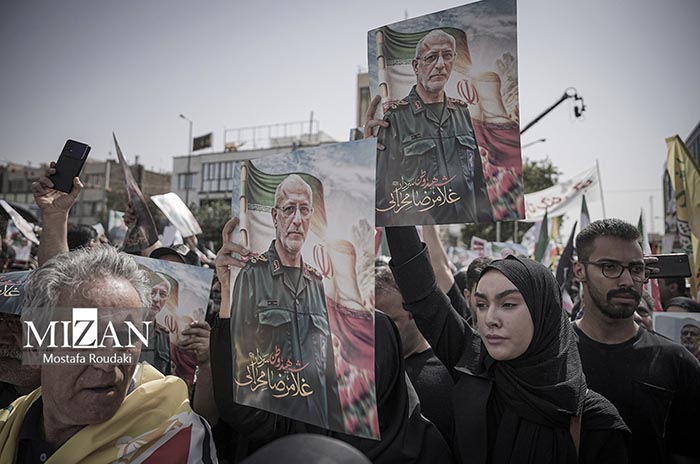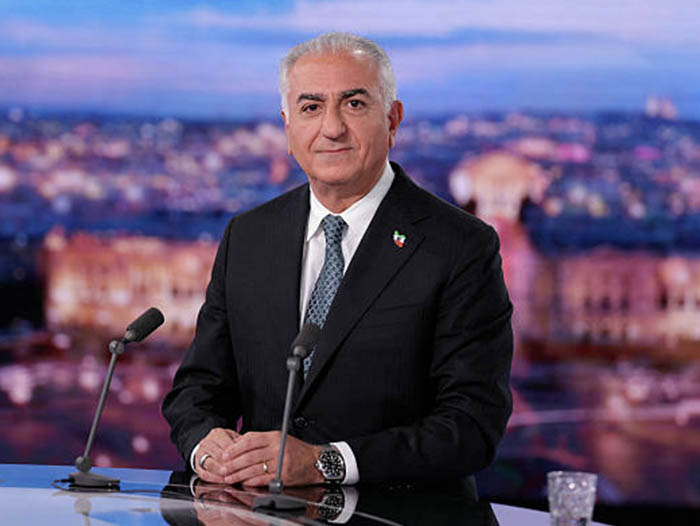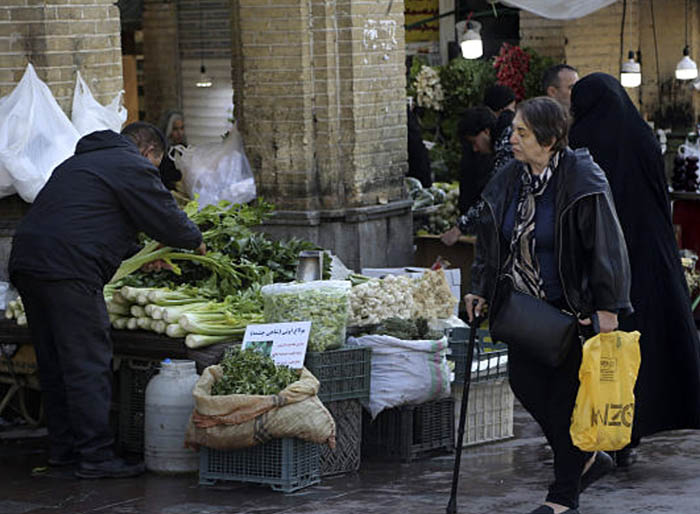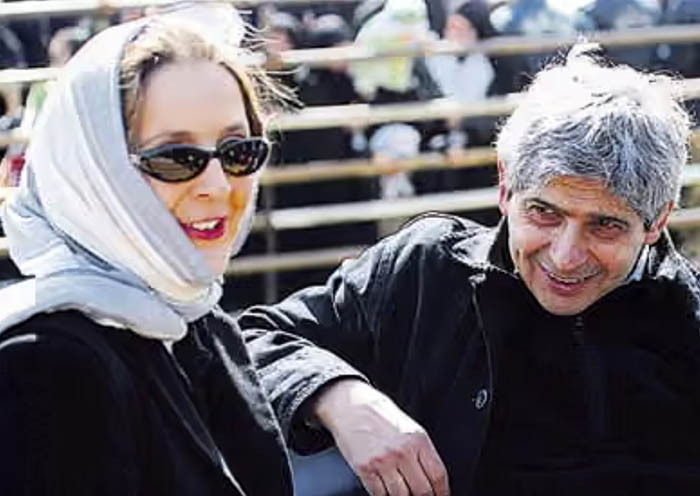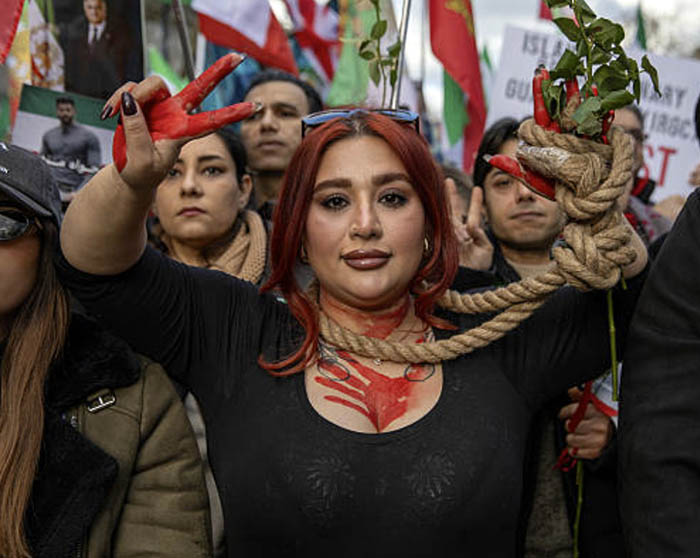Mass Funeral in Tehran for Officials and Scientists Killed in Israeli Strikes
Historical Context: Iran-Israel Relations and the Rising Tensions
To understand the significance of the June 28, 2025, mass funeral, it’s essential to examine the historical backdrop of Iran-Israel relations and the mounting tensions that have characterized their interactions over recent decades.
A Brief History of Iran-Israel Relations
Iran and Israel have had a complex and often adversarial relationship since the Islamic Revolution of 1979. While Iran under the Shah maintained relatively friendly ties with Israel, the Islamic Republic has since adopted a staunchly anti-Israel stance, branding it a regional threat and supporting Palestinian resistance movements.
Over the years, Iran has developed its nuclear program, claiming peaceful intentions but facing accusations from Israel and Western countries of pursuing nuclear weapons capability. This has led to various sanctions, covert operations, and cyber warfare.
Escalation of Tensions in the 2020s
The early 2020s saw a series of confrontations, covert strikes, and diplomatic breakdowns. Notably:
- 2022-2024: Increasing Israeli airstrikes targeting Iran’s nuclear facilities and military installations, purportedly to hinder Iran’s nuclear progress.
- June 13, 2025: The Israeli strikes that resulted in the deaths of key Iranian military officials and nuclear scientists marked a significant escalation, drawing international condemnation and raising fears of a broader conflict.
Iran’s Response & Regional Dynamics
Iran responded to these attacks with increased military posturing, missile tests, and diplomatic efforts to garner support from allies such as Syria, Lebanon, and regional partners like Russia and China. Iran’s leadership vowed to retaliate, framing the strikes as acts of aggression that threaten regional stability.
June 28, 2025 | 3:52 pm